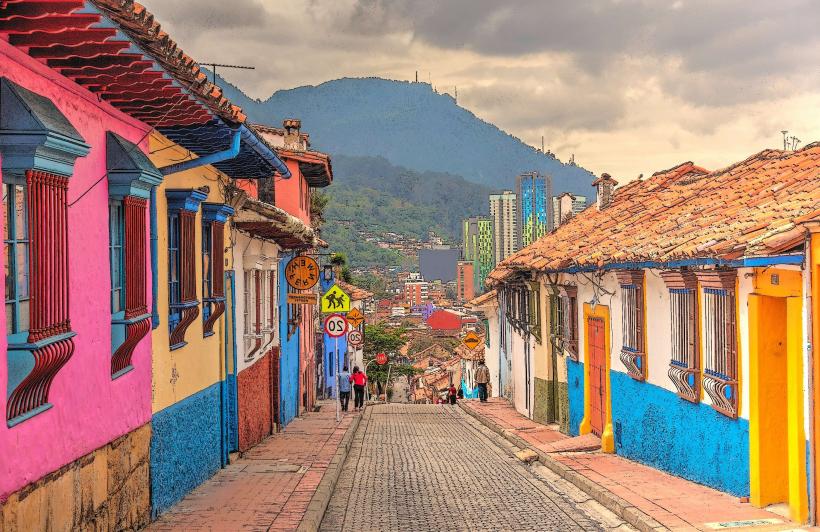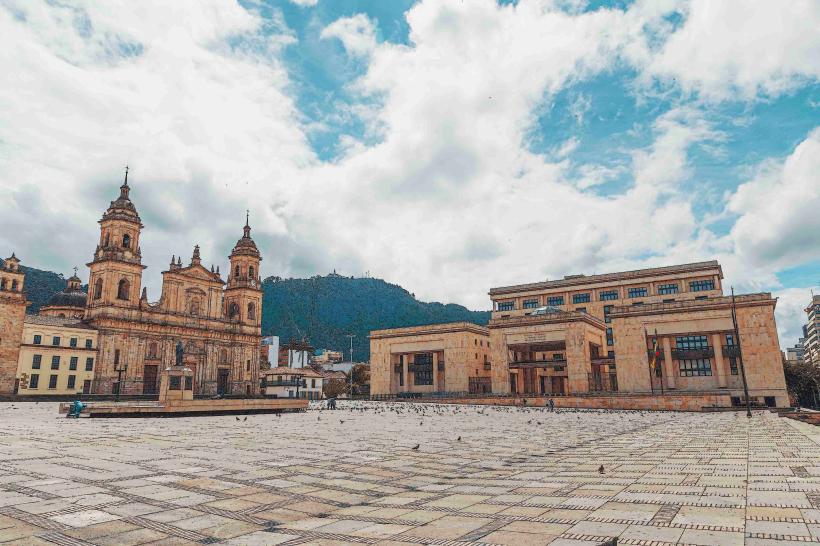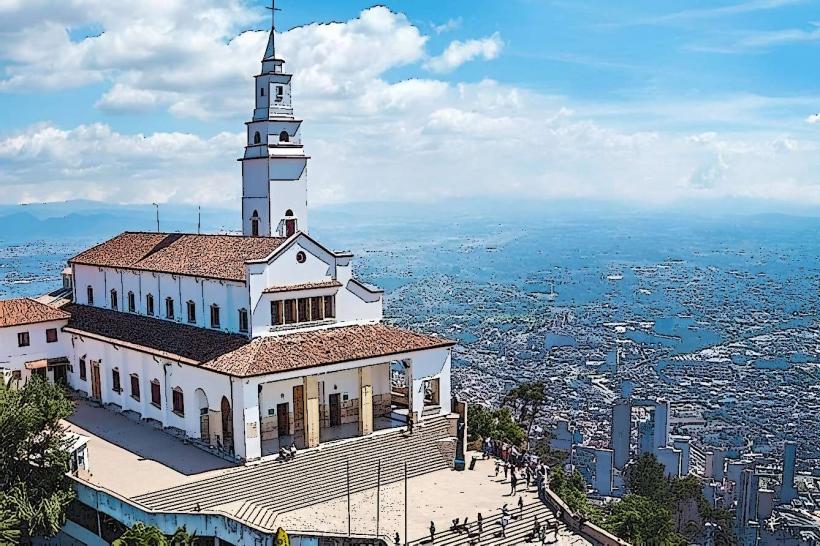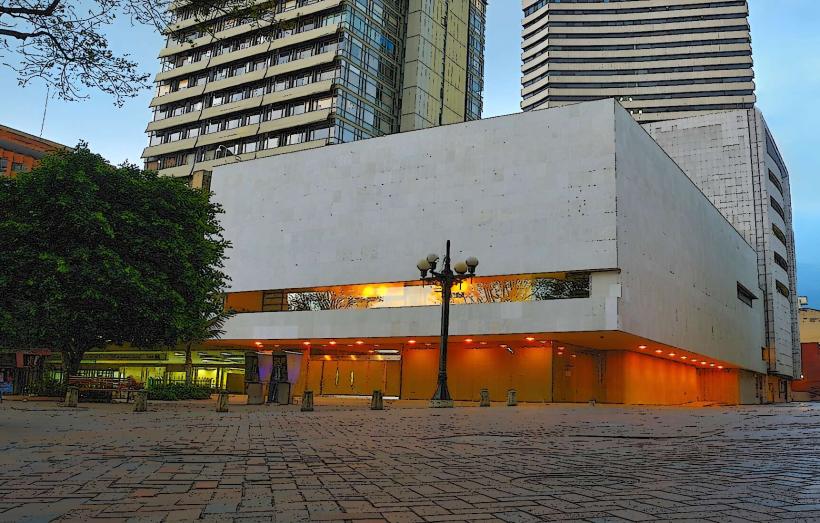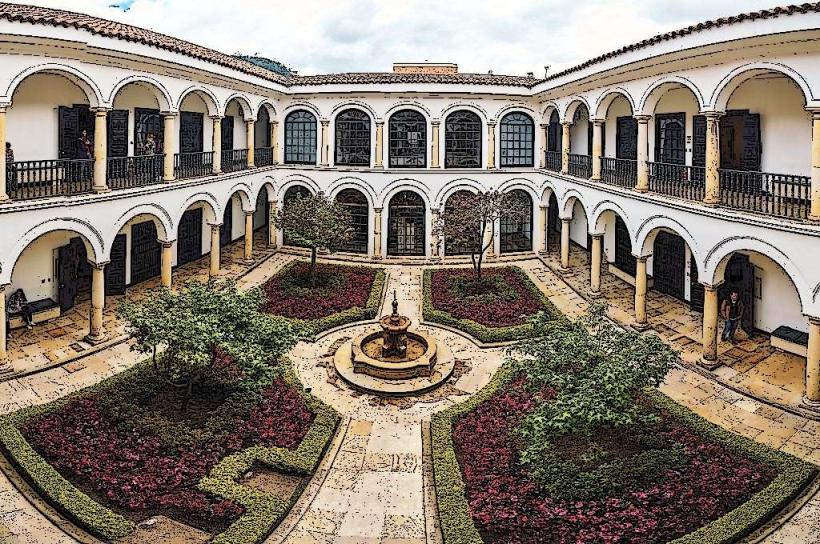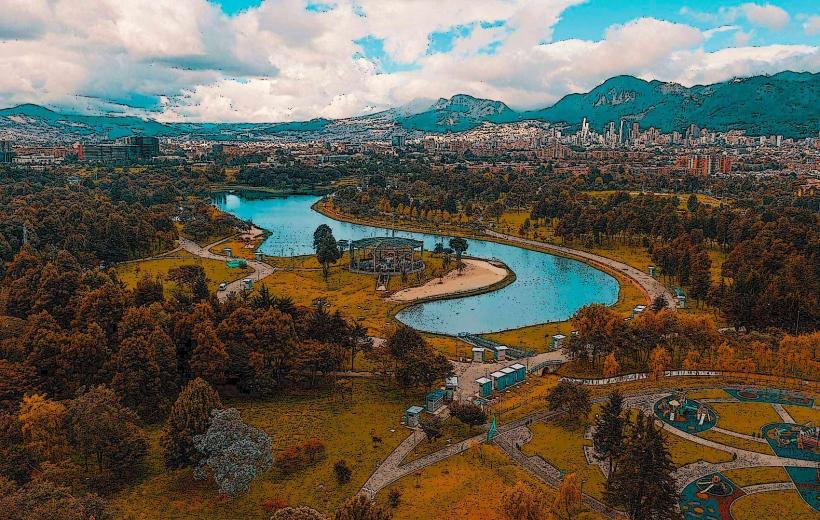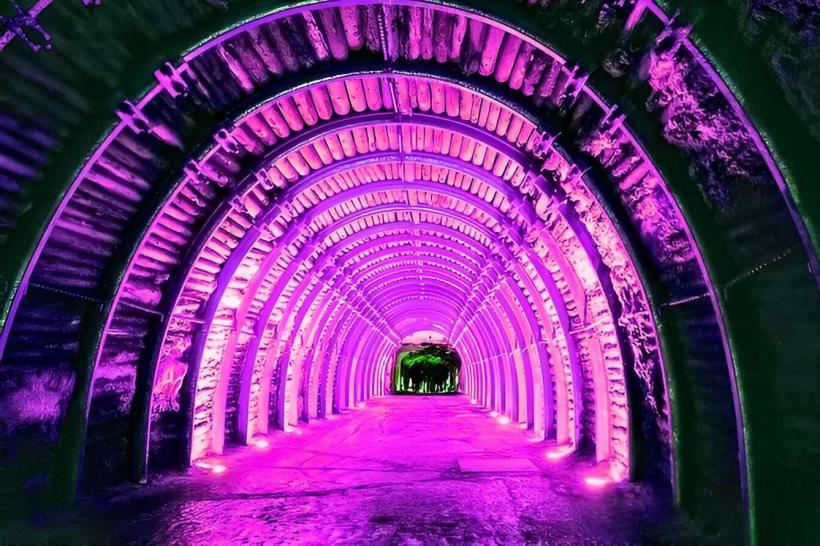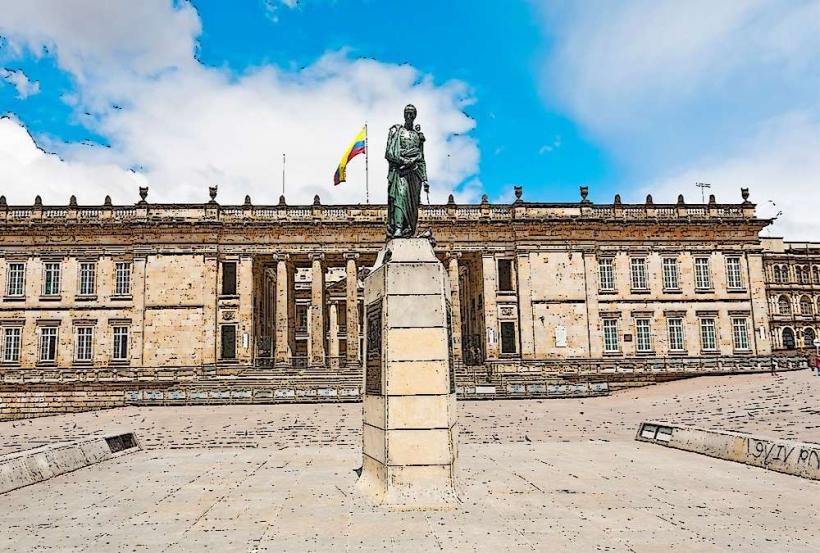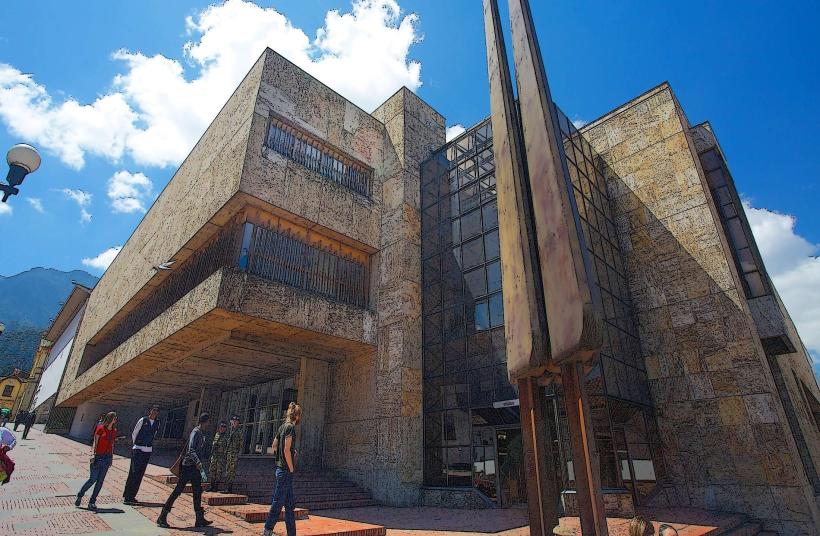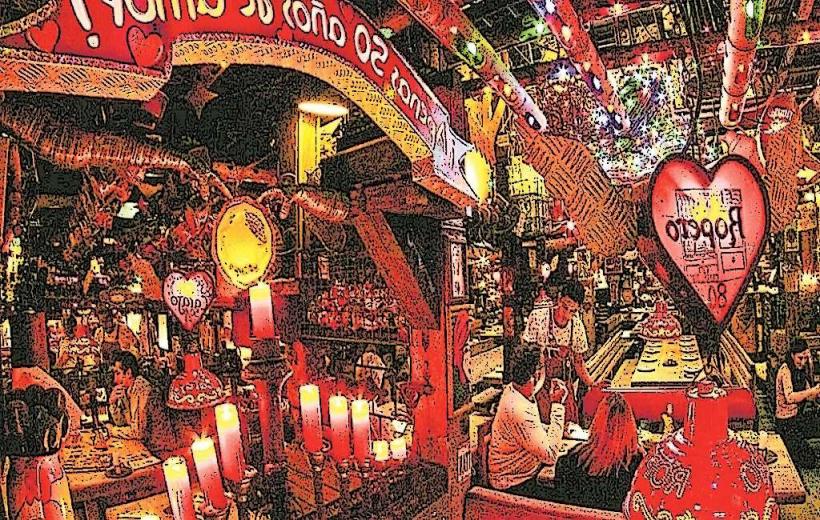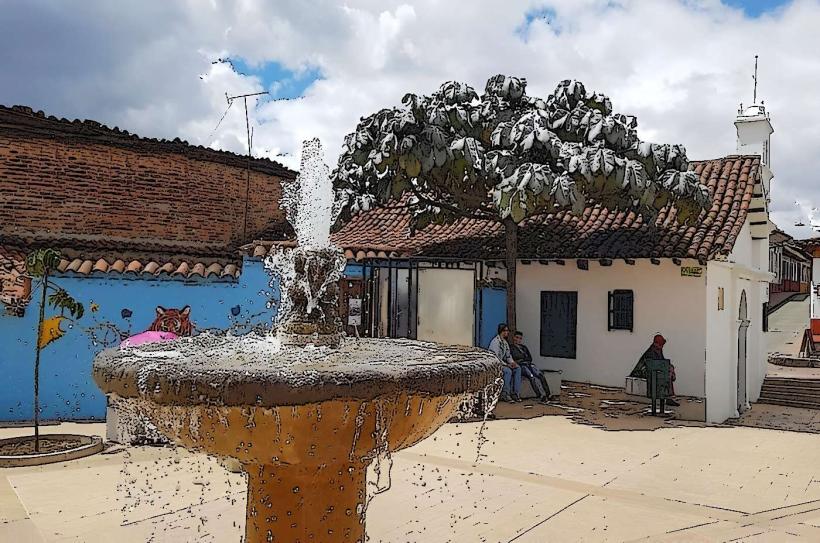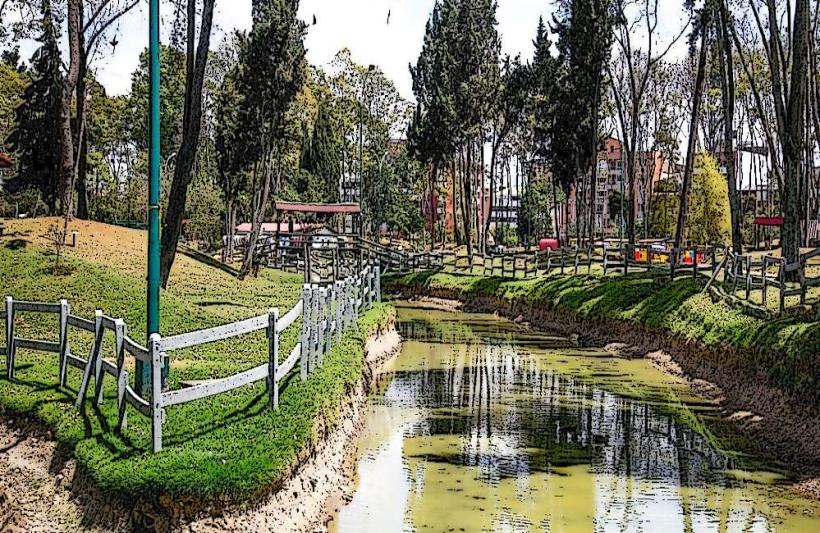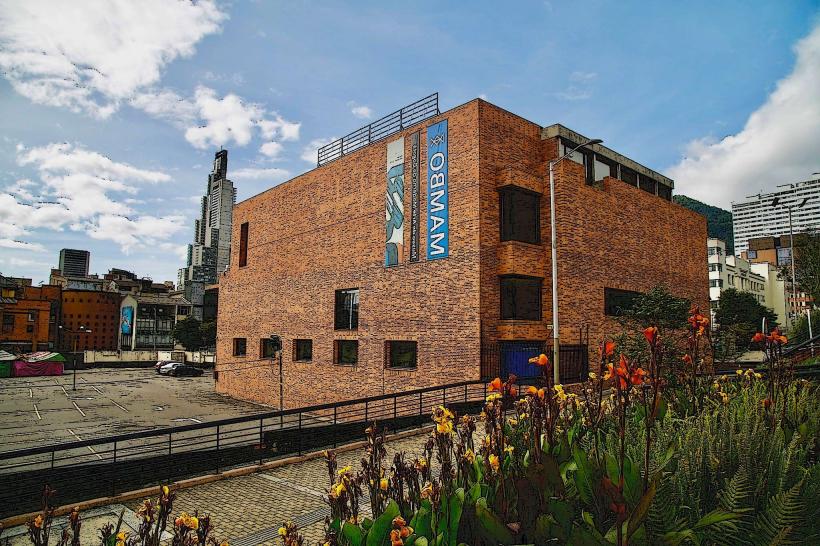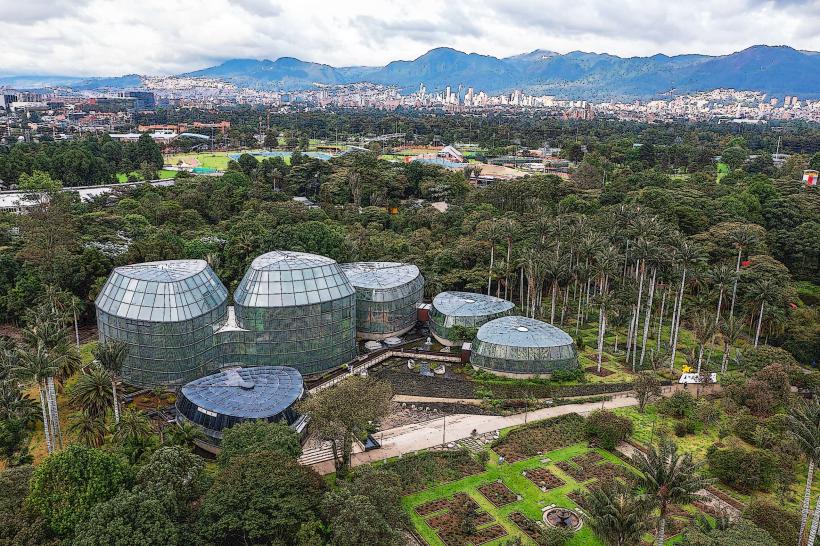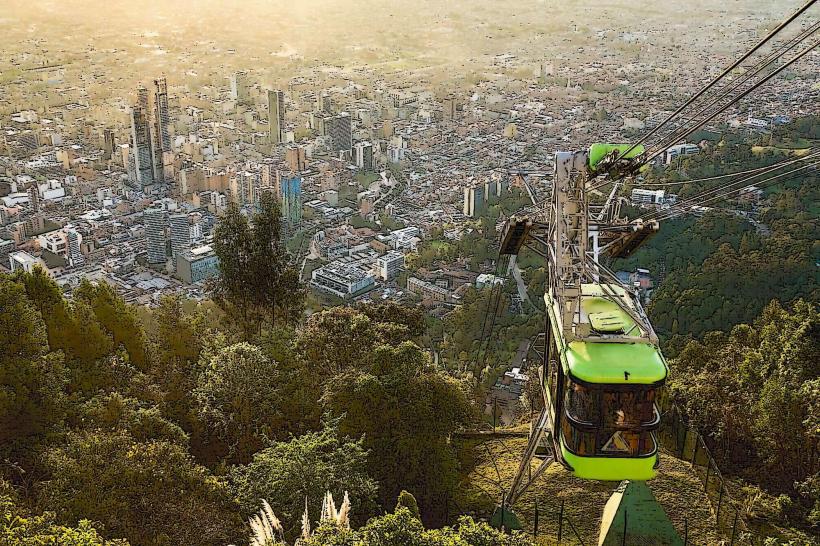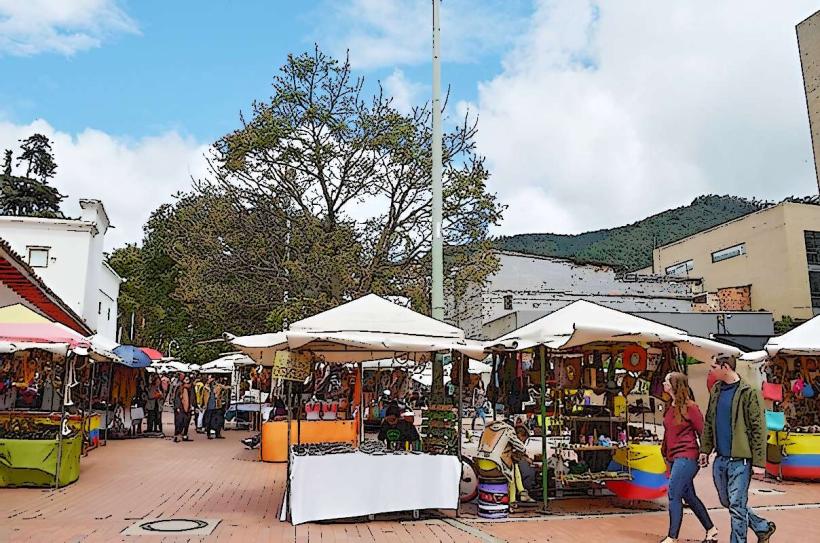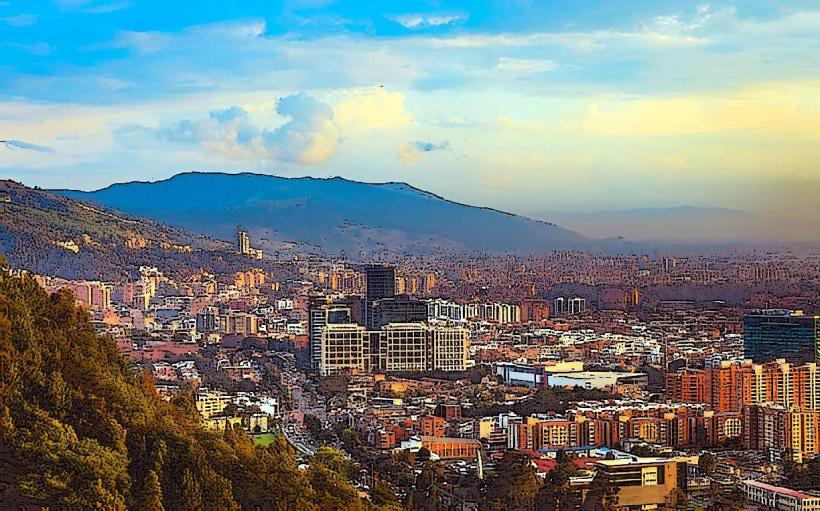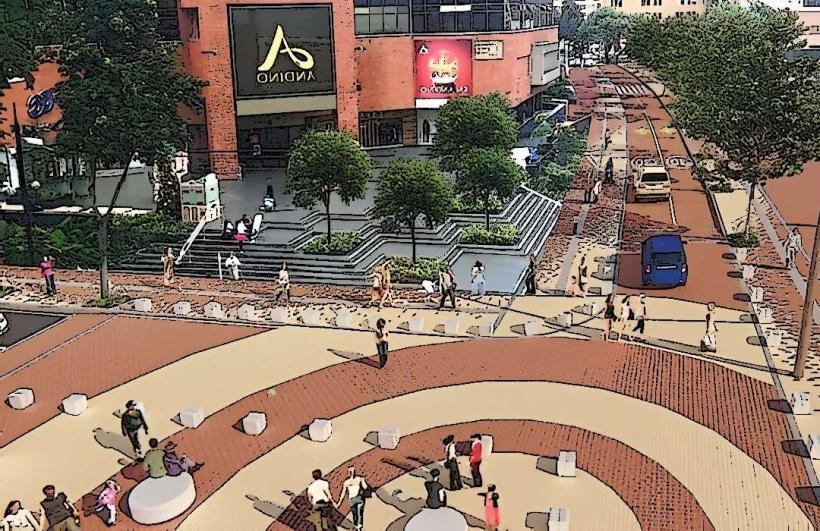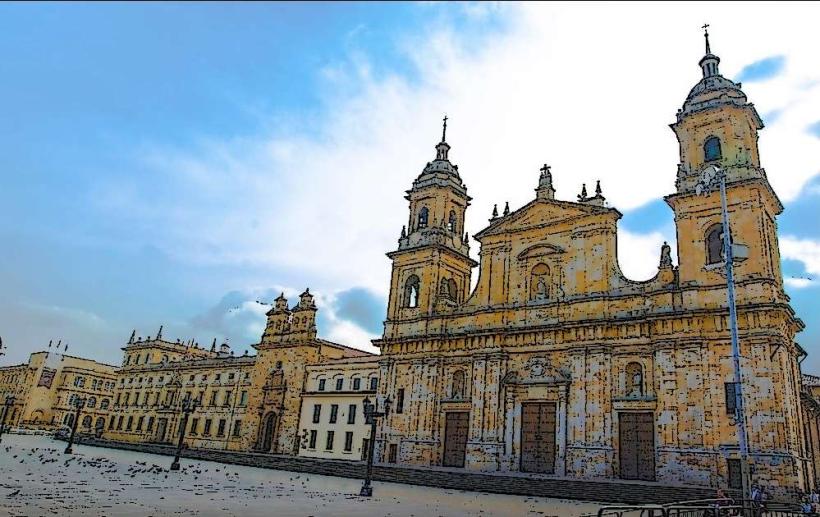Information
Landmark: National Museum of ColombiaCity: Bogota
Country: Colombia
Continent: South America
National Museum of Colombia, Bogota, Colombia, South America
The National Museum of Colombia is a national museum located in Bogotá, Colombia. It is housed in a former prison building.
Visual Characteristics
The building is constructed from red brick and stone. It features a neoclassical architectural style with a prominent central dome and arched windows. The structure has four stories and a total area of 13,000 square meters.
Location & Access Logistics
The museum is situated at Carrera 7 #28-66 in Bogotá. It is approximately 2 kilometers east of the city center. Public parking is available on adjacent streets, though limited. Bus lines 12, 13, 14, and 15 stop within a 500-meter radius of the museum entrance.
Historical & Ecological Origin
The building was originally constructed between 1875 and 1923 as the Panóptico Central, a prison designed by architect Thomas Reed. It was converted into the National Museum in 1948.
Key Highlights & Activities
Exhibits cover Colombian archaeology, history, art, and ethnography. Specific galleries focus on pre-Hispanic goldwork, colonial art, and modern Colombian painting. Guided tours are offered daily at 10:00 AM and 2:00 PM.
Infrastructure & Amenities
Restrooms are available on each floor. Limited shaded areas are present in the courtyards. Cell phone signal (4G/5G) is generally good within the building. Food vendors are not present within the museum, but several cafes and restaurants are located within a 1-kilometer radius.
Best Time to Visit
The best time of day for photography of the exterior is late afternoon, approximately 3:00 PM to 5:00 PM, when the light is softer. The museum is open Tuesday through Sunday. Weekday mornings are typically less crowded.
Facts & Legends
During its time as a prison, the Panóptico was known for its radial design, allowing a single guard to observe all inmates from a central point. A persistent local anecdote claims that the ghost of a former inmate can sometimes be heard in the west wing.
Nearby Landmarks
- Plaza de Bolívar (1.5km West)
- Gold Museum (Museo del Oro) (1.8km West)
- Botero Museum (1.7km West)
- La Candelaria Historic Center (1.2km Southwest)

